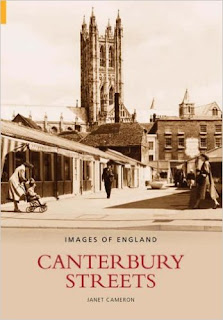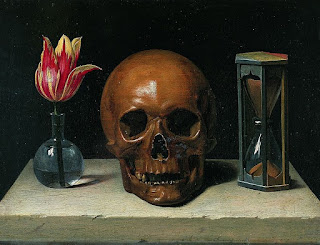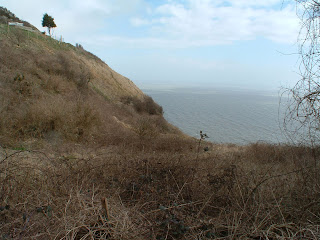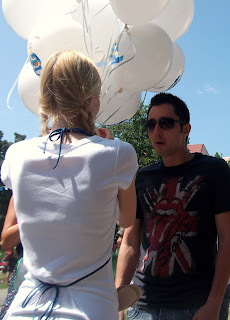Sexual Liberationist and Feminist Campaigner Addresses "The Trapped Soul"

Edward Carpenter, Wikimedia Commons Throughout his life, Edward Carpenter (1844-1929) campaigned for feminism and sexual freedom. These issues were at the forefront of his professional career, giving inspiration and hope to others. He lived as a child in Brunswick Square in Hove in East Sussex, UK, and when he was ten years old, he attended Brighton College, where he first recognised within himself feelings towards his own sex. My Days and Dreams In his autobiography My Days and Dreams , Carpenter comments on the problems that arose in schools due to the suppression and misdirection of the natural emotions of boy-attachment. "I, as a day boy, and one who happened to be rather pure-minded than otherwise, grew up quite free from these evils; though possibly it would have been a good thing if I had had a little more experience of them than I had. As it was, no elder person ever spoke to me about sexual matters... I suppose it was in consequence of this that I never saw...








